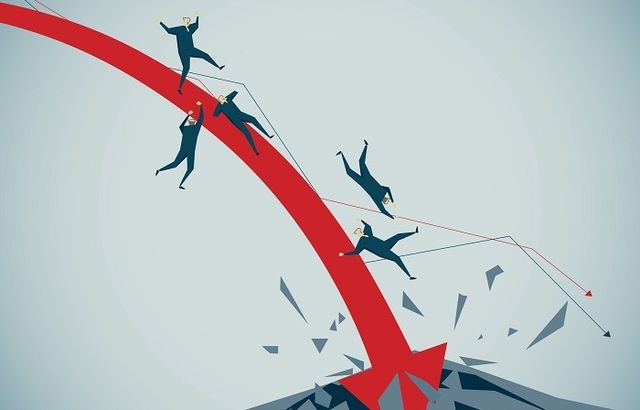In crisis situations, you often find out that seemingly unimportant issues suddenly become very important. The global financial crisis was no different. Many fund selectors discovered that having thoroughly investigated a fund’s track record, management team and investment process offered no guarantee that their funds would make it through the turmoil that ensued from ‘Lehman’ unscathed. The chart opposite plots a grim reminder of what happened just before and after the crisis.
“What we learnt during the crisis is that due diligence is not just about the manager, performance and the investment process. It’s a lot broader than that,” says Frank Reisbøl, the managing director of Banque Carnegie Luxembourg.
Liquidity focus
Reisbøl already was at Carnegie in Luxembourg when he saw markets plummet in the wake of Lehman’s collapse. As investors were all looking for the exit simultaneously, at a time when liquidity was already compromised as banks had stopped lending money to each other, he was confronted with a grim reality: fund managers weren’t able to keep their promise of providing daily or even weekly liquidity.

“Back in 2008, we owned four different funds in a certain asset class,” he recalls. “There was one we were really unhappy with because it just didn’t do what it was supposed to do. So we decided to sell.”

But he wasn’t alone in having that thought. As a consequence, the manager couldn’t heed his redemption requests, and Carnegie was forced to remain invested in the fund. “To make matters worse, we had to sell other funds, that we would have preferred to keep, to meet the redemption requests of our clients,” Reisbøl adds.
“The underlying liquidity of a fund is a much more important aspect for us now than it was before the crisis,” agrees Jaap Bouma, a senior portfolio manager at the Dutch wealth manager Optimix.
“You have to analyse a fund’s portfolio holdings to get an idea of underlying liquidity. This has become an important part of our due diligence process,” says Bouma. “You simply have to ask yourself the question: can a fund manager keep his promise on liquidity in a stress scenario?”







